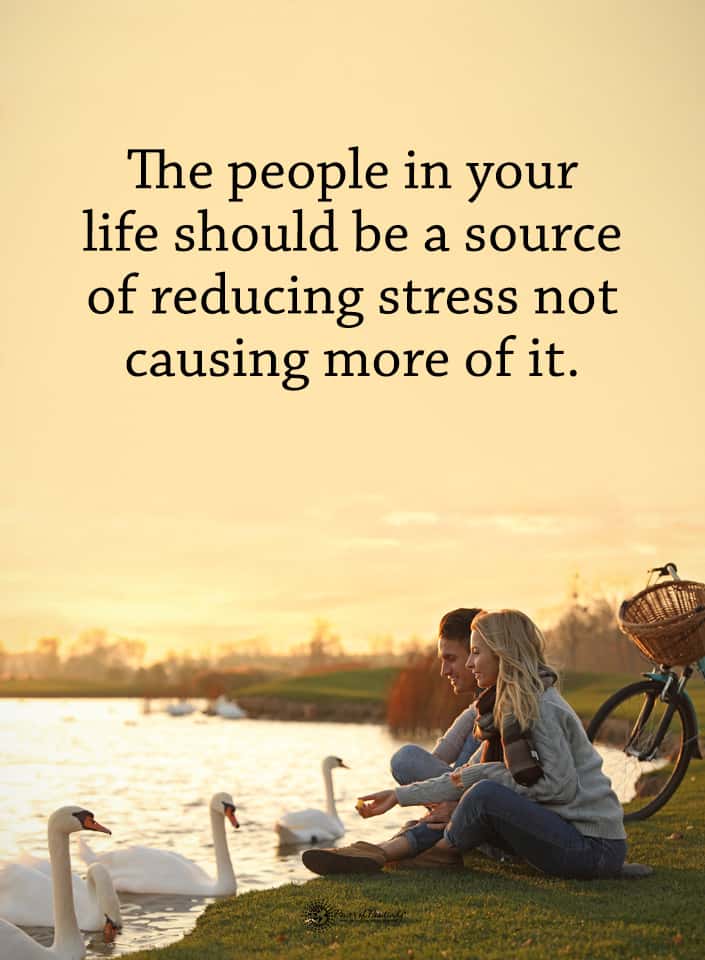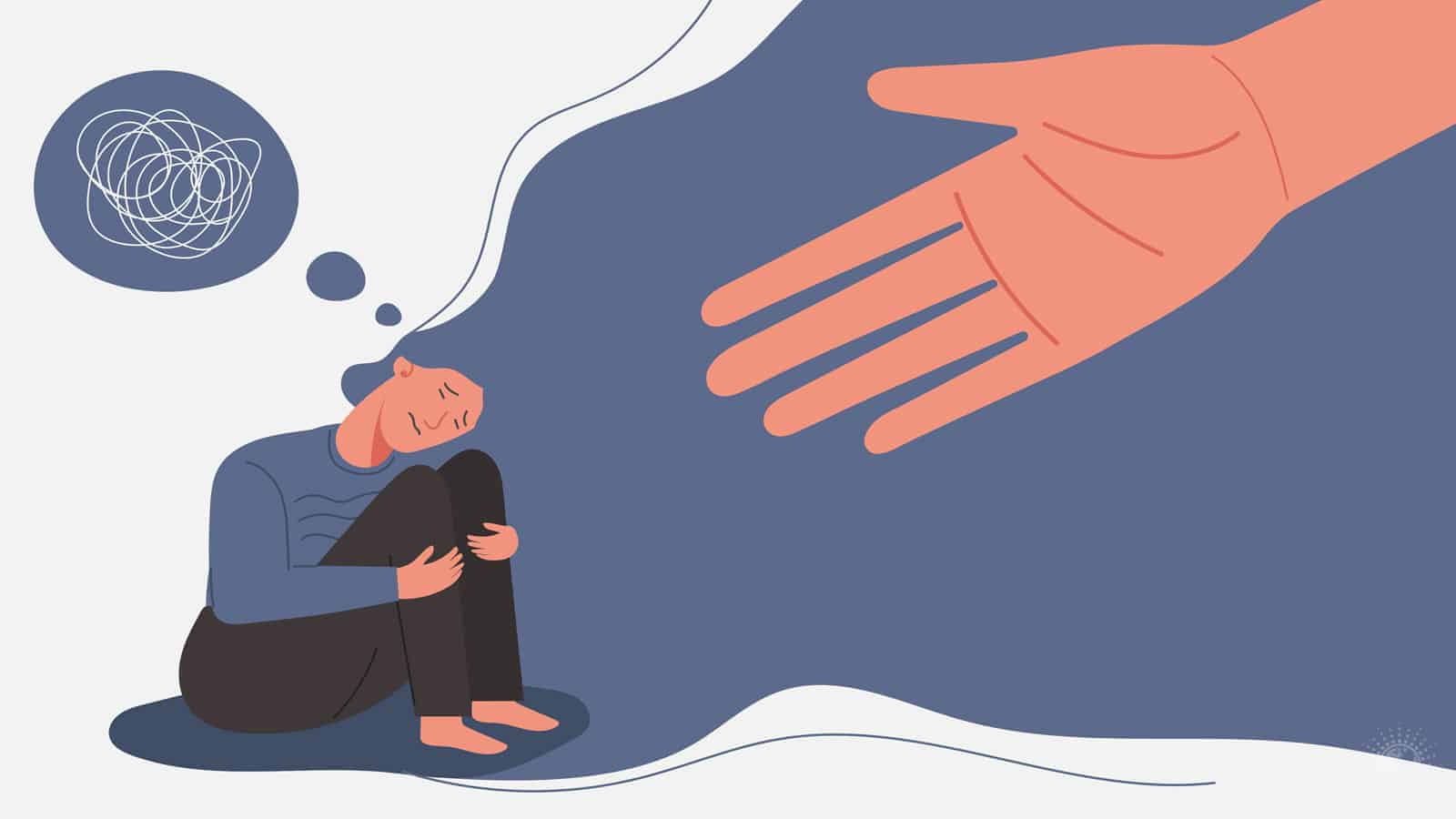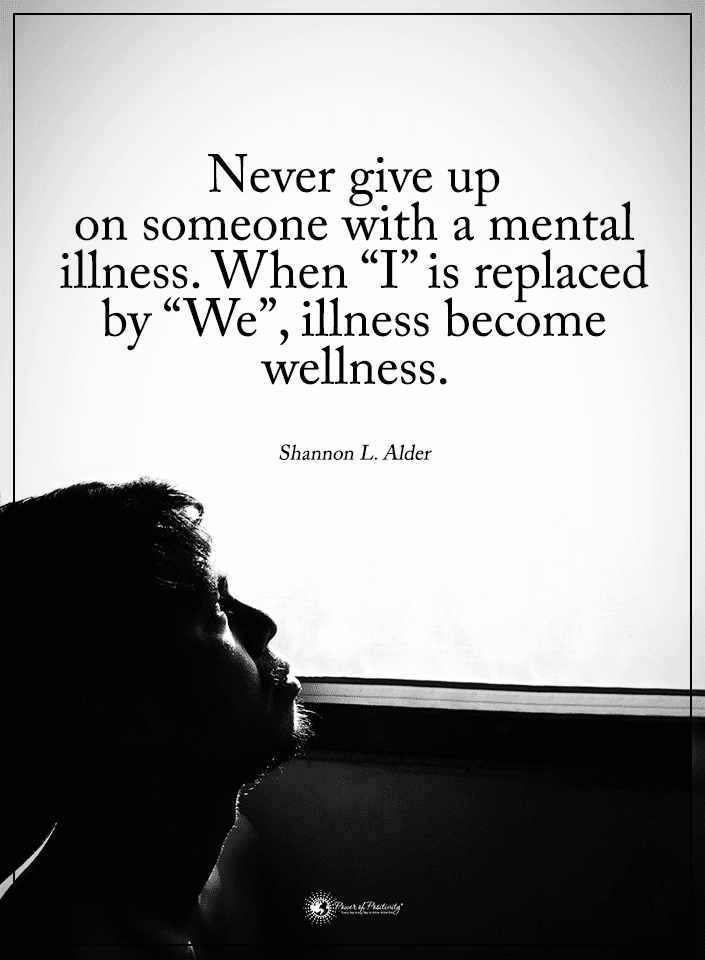Mental health pros estimate that more than 18 percent of the population suffers from some sort of anxiety disorder. Sadly, only about 36 percent of those individuals will seek treatment. Many try to get help from their primary care physicians, but these professionals have a general knowledge of mental health and don’t specialize like a psychiatrist.
Many folks suffer from a constant anxious state, but they don’t know what’s going on with them. They may fear that they have a medical condition or are losing their mind. Anxiety is a natural part of life. When you’re faced with danger, the body has three responses, fight, flight, or freeze.
The same can be said when someone has a panic attack. They can fight it by using breathing exercises and other techniques, they can run and try to escape the panic, or they can freeze in a state of terror. Have you ever heard of someone being so scared that they were “frozen in fear?”
These are all-natural things that occur when you’re in protection mode. In the face of adversity, the body releases hormones such as cortisol and adrenaline. It’s what gives you the strength to fight off the danger that faces you.
Have you ever heard of someone being able to lift a car off another person? It’s these hormones that give them the boost they need to save a life.
The problem is that when someone suffers from an anxious condition, they are unable to determine what is a viable threat from one that is no threat at all. For instance, it’s normal for your heart to race, your palms to get sweaty, and you feel like you’re going to pass out once you’ve been in a car accident.
A brush with death is undoubtedly a cause for alarm. However, when a person has an anxiety disorder, they may have those feelings of getting behind the wheel, fearing that they will be in an accident. Their mind uses irrational fears to rule their life. These fears are genuine to the person having panic, though there is little to no merit to them.
A few anxious spells on occasion can be considered normal and nothing to be alarmed about. However, what do you do if you have several attacks each week, and it’s starting to affect your ability to function?
Ten Signs that You Need the Intervention of a Psychiatrist
A psychiatrist is a licensed doctor that can treat a variety of mental illnesses. They have extensive training in handling these types of cases, as this is the focus of their practice. A psychologist is there to talk and counsel you, but a psychiatrist is there to prescribe medications.
Here are some classic signs that it might be time to see this professional about your ongoing battle with anxiety.
1. You Have Thoughts of Self-Harm
Self-harming behaviors don’t necessarily mean that you want to kill yourself. Did you know that many cutters do so to help get rid of the tremendous amount of nervousness that they feel?
Often, the strain from the constant pressure and angst in your life is overwhelming and hurting people use cutting as a method to release tension. If you have ever considered cutting or any other self-harm act to make yourself feel better, then you need to see a doctor.
While a cutter doesn’t have to be suicidal, they can quickly turn suicidal when discovering that the marks on their skin no longer take away the pain. Any thought of this nature, no matter how small, must be taken care of immediately.
2. You Avoid Going in Public for Fear of Another Attack
Panic attacks often occur when a person is anxious continuously. Panic makes you feel as if there is impending doom or that you are going to die due to a medical condition. Though the attacks only last just a few minutes, those minutes can seem like a lifetime.
If you notice that you’re afraid to go to a grocery store because you had one attack in there and fear another one, then you may be developing agoraphobia. It’s time to see a psychiatrist if your panic is restricting where you can go.
3. Your Relationships are Suffering
When someone is in a panic and always feels angst, then the relationships of the people around them may suffer. A spouse may be frustrated when they can’t take their partner on a date because of all their irrational fears. They may be very real to the person suffering, especially in times like today, however, if you feel so isolated that you cannot do anything.
You may be unable to attend small family gatherings and large ones like family reunions .go to a house of worship on Sundays or have family celebrations anymore. Being in a constant state of angst can ruin your entire life, but this condition can be easily treated.
4. Anxiety is Changing Your Personality
Do you notice that your personality is starting to change? You may feel irritable, and aggressive, and your moods are off. Continuous pressure and strain from the cares of life can change your personality.
Additionally, it’s also a sign that there may be another mental illness coming into play in this situation. A psychiatrist can get to the bottom of the case and help you feel more like you again.
5. Typical counseling isn’t Helping
Counseling has become commonplace for those that suffer from constant anxieties. However, after going through months of sessions, you may need more than what a psychologist can provide.
It’s possible that talk therapy needs to be combined with herbal or other methods. There are numerous types of treatment, and you may need to change things up a bit. For many people, counseling alone won’t work.
6. Your Medications Aren’t Helping
If you went to your general practitioner for help with your anxiety and those medications are no longer working, then you need help from a medical professional in this field.
A family doctor will try you on antidepressants to try to combat the pain you feel with your angst and tensions, but these medications don’t work for everyone. Some people won’t respond to them at all. A mental health professional is not afraid to use drug combinations and other therapies to get you to a better place.
7. You’re Unable to Keep Up with Your Job/House
If you’re an anxious person, then it’s possible that you also cross over and have some depression too. It seems that these two mental health conditions often run together. When you have depression or a constant state of angst, you may find things like getting out of bed seems impossible.
Keeping up with your daily routines, such as your job or household duties, may seem too much. You may notice that your home is untidy, the laundry is piling up, and you’ve called off work so much that you’ve exhausted all your sick days.
8. You’re Isolating
Isolation is quite reasonable when a person is under constant tension and strain. The very nature of this illness makes you want to run and hide. The overactive hormones cause you to do things that are out of character for you.
However, isolating can be a big problem. If you find that you would instead lock yourself away in your bedroom than watch television with your family or go to the movies, then it may be a sign you have a severe issue that needs medical intervention.
9. Your Moods Are Unstable
We’ve already touched on the fact that you can become angry and irritable when you’re in a state of angst. However, you may notice that you have a hard time regulating your moods altogether. You may be crying one minute and laughing the next.
People may begin to walk on eggshells around you because they never know how you will react. If you feel mad enough to bite a nail in half and no one has done anything to you, then it could be a sign that your hormones are out of whack.
10. The Anxiety is Getting Worse, Not Better
Anyone can experience some panic when changes are occurring in their life. For instance, if you’ve just moved to a new town, you or a loved one has been diagnosed with a medical condition, or you have financial worries, then it’s understandable that your nerves would be on edge.
However, if your constant state of panic is beginning to take a toll on you and those around you, then you need help. While you should never consider medications lately, especially given the side effects that come with them, you should know that you don’t have to live this way. A psychiatrist can help you.
 Final Thoughts on Ending the Stigma of Seeing a Psychiatrist
Final Thoughts on Ending the Stigma of Seeing a Psychiatrist
Many people won’t go to a psychiatrist because they fear that they will find something wrong with them, and they don’t want to face mental health issues. There is no shame in having an anxious condition, as you are not alone, and you’re not going crazy.
More than 40 million people in this country alone fight the pangs of an anxious nature each day. Sadly, many turn to drugs or alcohol to self-medicate. You don’t have to live this way when there is a board-certified psychiatrist that knows what to do to help you.






















